NHS Highland bosses have admitted they don’t know what the health board will look like in 10 years – but have stressed change is needed “urgently”.
Officials are currently facing a £68.7 million budget gap as financial pressures continue to rise through inflation.
Recruitment challenges are also expected to increase in the coming years with 29.3% of NHS Highland’s more than 11,000 staff over the age of 55.
Chairwoman Sarah Compton-Bishop says “good improvements” were made to address the financial gap before Covid.
However, she says the impact of the pandemic with Brexit and inflation means the “significant” gap now needs to be addressed with “urgency”.
‘Change more difficult now than ever’
NHS Highland presented a snapshot of its current position at its annual review at UHI House in Inverness.
Officials stressed the need for change within the health and social care sector in order to address financial challenges.
However, chief executive Pam Dudek warned that even if she had an unlimited budget she wouldn’t be able to deliver every service she wanted due to recruitment challenges.
She said: “We don’t totally know what the NHS is going to look like in the next 10 or 20 years, but we know it needs to be different.
“That isn’t news to us though. We’ve known for a long time about the demographic and the financial position of the country and the workforce and that this would happen.
“If you really think about the NHS and social care over the years it’s continually changing.
“I’ve been in the NHS for 41 years and we’ve always been saving money or had challenges of some sort, it just feels like it’s probably more difficult now than it has ever been.”
What change is coming at NHS Highland?
Ongoing concerns across the vast NHS Highland area include distances to travel for care in treatment, including from Lochaber and Caithness.
Officials explained they were examining recruitment and staffing models that had been implemented in each location to look at how they can be replicated.
Meanwhile, plans for the replacement Belford Hospital in Fort William are expected to include more rooms to deliver more services while plans in Caithness will examine how to better use the space that is already available.
Despite a desire to deliver care as close to home as possible, warnings were issued travel to Inverness or even outside the Highlands would still be needed for specialist treatments.
However, Ms Compton-Bishop explained technology was bringing the NHS closer to patients with trials underway in Skye, Caithness and Oban to deliver some hospital treatments at home.
She said: “Some of the most exciting things we are working on is ways that we can take our expertise out into communities.
“It’s such a vast area so moving and travelling about can be such a big deal. I think what’s really exciting is using technology to go where people are instead of them coming to us.”
Hospital at home treatments currently include access to intravenous fluids or oxygen with costs lower inpatient treatment.
Meanwhile, there are hopes access to NHS dental services will improve over the next five years with 184 dentists currently in training after about 160 dentists were “lost” during the pandemic.
Scottish Government focus on recruitment
Scottish Government public health and women’s health minister Jenni Minto held talks with NHS Highland officials throughout the day of the annual review.
The Argyll and Bute MSP described recruitment as a national challenge, but explained initiatives were being explored to try and make a career in the sector more attractive.
She said: “All the health boards in Scotland are working hard on recruitment and trying to find different ways to do that.
“It was really heartening to hear that NHS Borders and NHS Dumfries and Galloway are both working together to see if they can come up with a way to encourage people to their part of Scotland and I know NHS Highland is doing the same.
“I think the other important point is education and trying to get people that have grown up in this part of the country to stay here, and that involves working with UHI and other universities in Scotland to develop those partnerships.
“I live on Islay and the doctor’s practice there has worked hard with Glasgow University to bring people over to work so they get that different experience.”
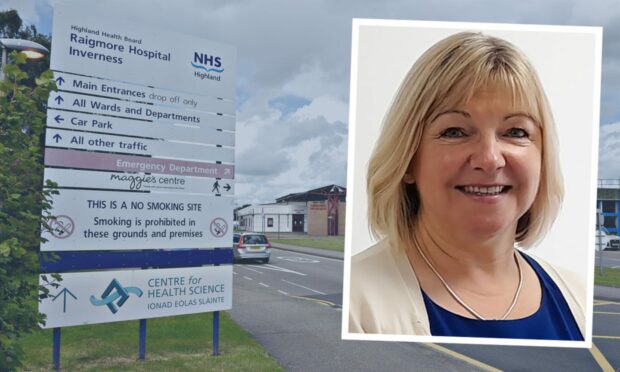
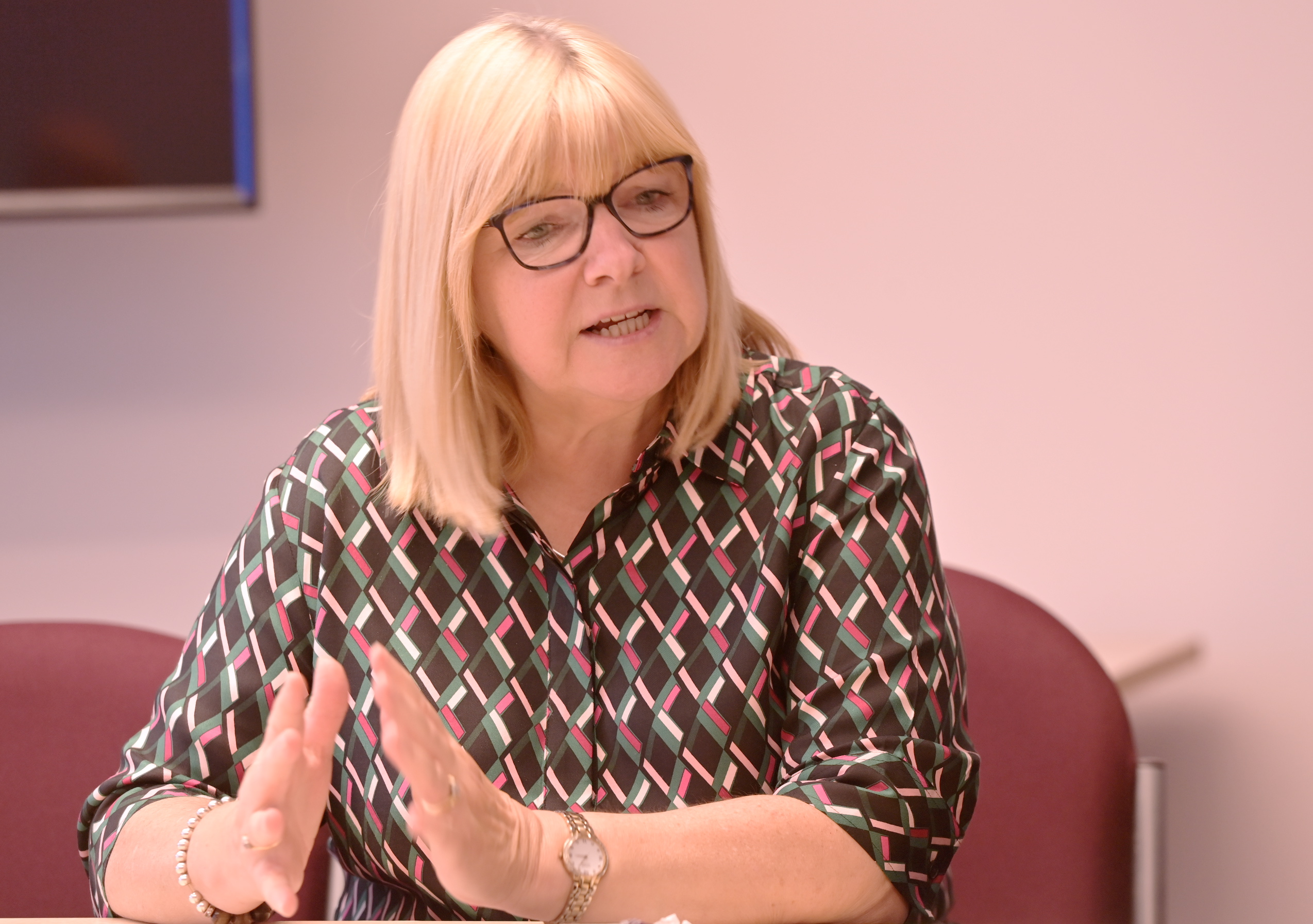
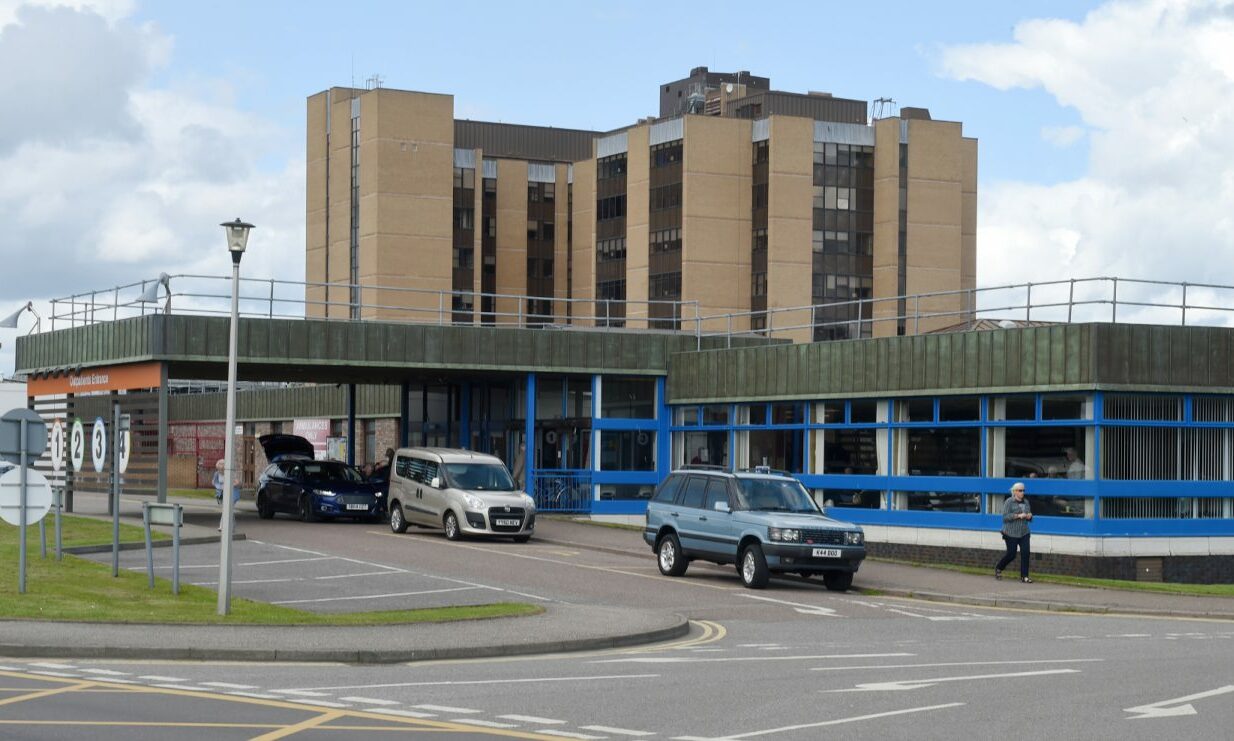
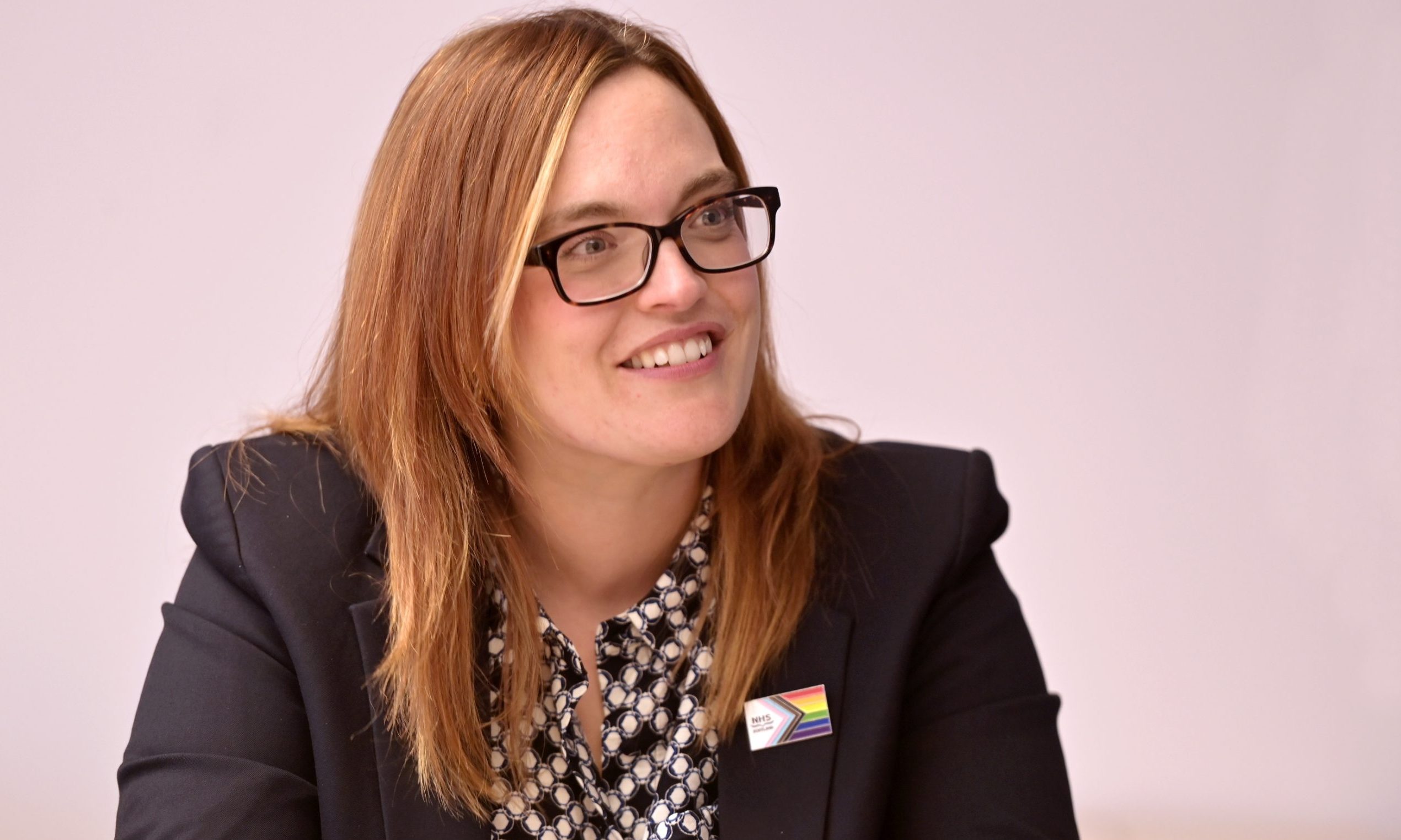
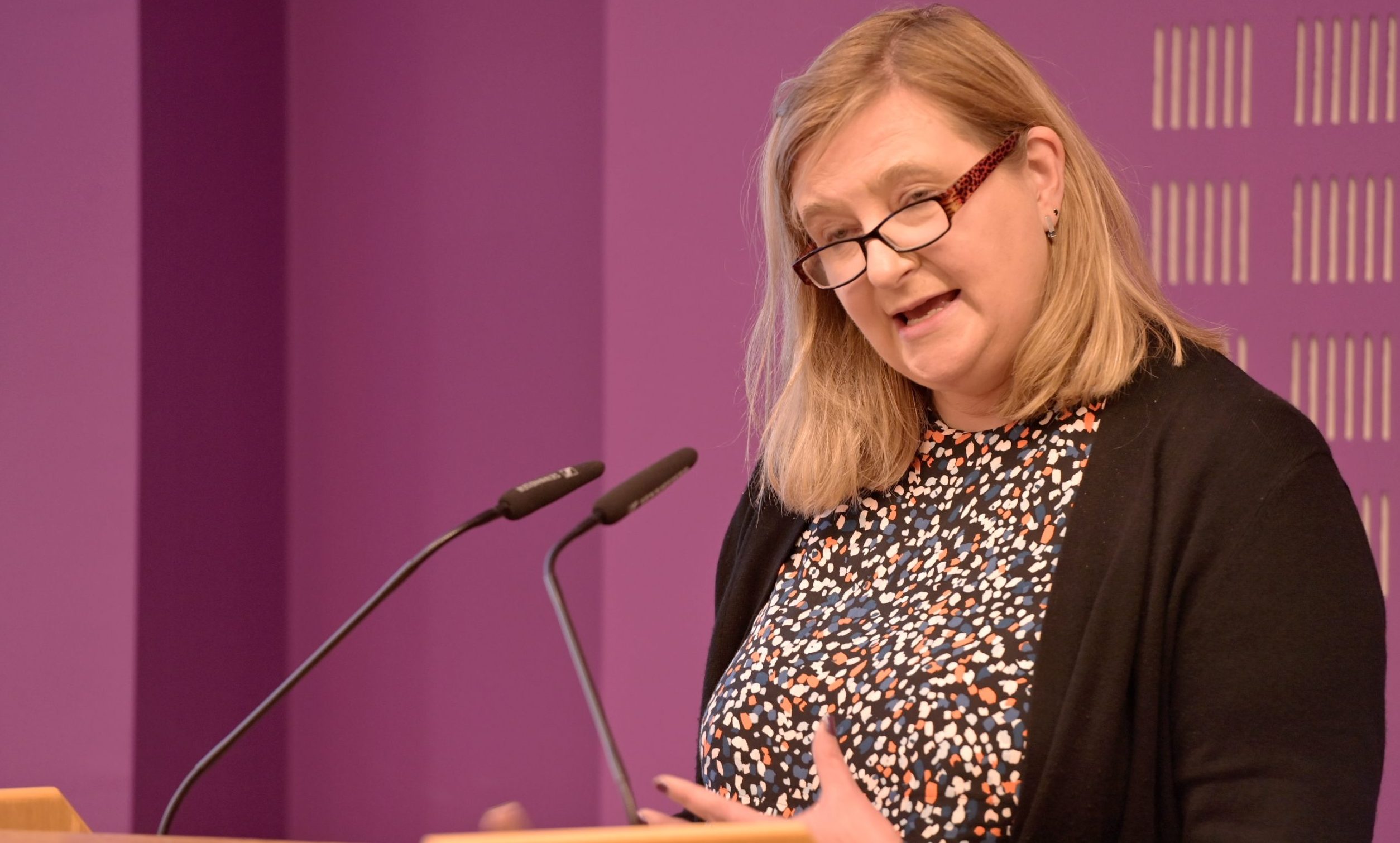
Conversation